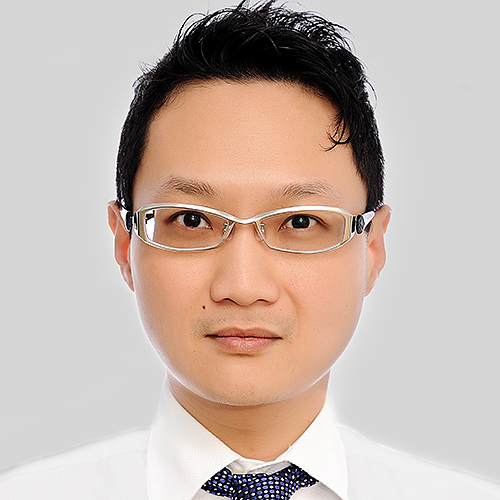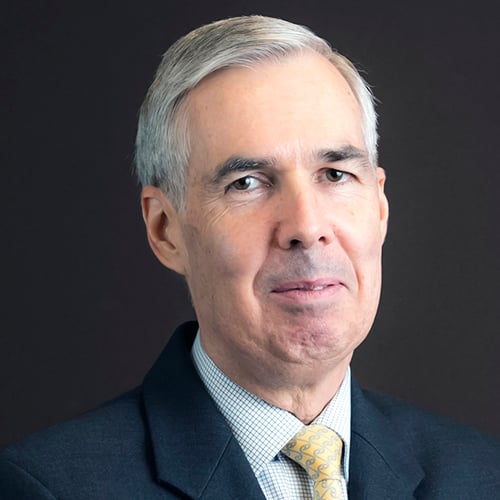When it comes to financial technology, Hong Kong seems to always have a leg up over mainland China. But that didn’t seem to ring true for the mutual fund industry.
In fact, the Mutual Recognition of Funds (MRF), a scheme which allows mutual funds from the mainland and Hong Kong to be sold in each other’s market, has highlighted how antiquated Hong Kong’s fund distribution system still is when compared to that of the mainland's.
The scheme allows mutual funds from the mainland and Hong Kong to be sold in each other’s markets. Upon its official announcement, most of the big fund managers in Hong Kong had to scramble for trade solutions. They only had two months to come up with a system that will allow them to send and receive trading messages to and from their counterparts in China.
The problem was that while the mainland market is fully automated when it comes to sending and receiving retail mutual fund transactions, the Hong Kong market is not.
As early as 15 years ago, the Shenzhen Securities Communication Corporation (SSCC), a local conglomerate which also provides straight through processing (STP), began building a distribution network that included all of the big distributor banks. That network is now a fully electronic STP system. Needless to say, this network is highly automated and can process thousands of transactions in minutes or seconds.
In contrast, Hong Kong’s distributor banks and fund managers still use a heavily manual system that relies on fax messages when sending and receiving retail mutual fund transactions.
Under the MRF, the use of fax messages by Hong Kong distributors and fund managers is incompatible with the automated system use in China. Initially it placed a seemingly insurmountable stumbling block to the implementation of the MRF.
The initial thought for the fund managers and bank distributors was to use the Central Moneymarket Unit (CMU), a computerized clearing and settlement’s system operated by Hong Kong Monetary Authority’s (HKMA). The CMU has a direct link to the SSCC.
However, linking to the CMU was seen to be a costly exercise for Hong Kong bank distributors since it involved considerable investment and IT development. Coming at a time when all banks were busy cutting costs and expenditures this was considered too onerous.
One such provider was Calastone, which had the technology to electronically translate the trading messages for mutual funds between the mainland and Hong Kong markets. Evolving technology in the financing sector is providing cost-efficient solutions for banks.
“The distributor doesn’t pay, there are no transaction fees, there are very little implementation fee because we do all the development for them. The fund managers also don’t have to do any development as we adopt their standards,” says Sebastien Chaker, managing director and head of Asia of Calastone. The company services some of the biggest mutual fund distributors in the city including HSBC, DBS, Citi and iFast.
A third-party messaging system is saving the industry money, explains Chaker. “When a fund manager receives a manual transaction they have to key it into their system so they have a cost. This cost is estimated to be US$20 per transaction for a manual process. When they go into an electronic environment this cost goes down to US$5 per transaction.”
Hong Kong’s mutual fund industry isn’t fully automated yet. However, following the MRF rollout, the use of automation by Hong Kong bank distributors and fund managers have increased to 25% from just 5% in 2012.
This is still quite low compared to China, which is 100% automated, Singapore (45%), Taiwan (45%) and Australia (50%), but its improving.









